Introduction
Changes to the NDIS Act made by the National Disability Insurance Scheme Amendment (Getting the NDIS Back on Track No 1) Bill 2024, and the related National Disability Insurance Scheme (Getting the NDIS Back on Track No. 1) (NDIS Supports) Transitional Rules 2024 (transitional rules), came into effect on 3 October 2024.
The “work” of the new definition of “NDIS support”
One of the changes to the Act is a new definition of “NDIS support” in section 10.
The key “work” of the new definition is in the replacement of the criteria in para (f) of the current “reasonable and necessary” (R&N) support test in section 34(1) of the NDIS Act.
Below is an annotated version of this change:
(f) the support is most appropriately funded or provided through the National Disability Insurance Scheme, and is not more appropriately funded or provided through other general systems of service delivery or support services offered by a person, agency or body, or systems of service delivery or support services offered:
(i) as part of a universal service obligation; or
(ii) in accordance with reasonable adjustments required under a law dealing with discrimination on the basis of disability.
(f) the support is an NDIS support for the participant.
That is, to be a R&N support for a participant, the delegate of the NDIA’s CEO must be satisfied that the “the support is an NDIS support for the participant” (and meets the other six criteria in section 34(1)).
What is a “NDIS support” and what is not?
The transitional rules outline what is, and what is not, a “NDIS support” for participants generally or a class of participants.
For the most part, the transitional rules clarify or enforce what was previously considered to be an “everyday” cost such as rent, utility bills, non-modified vehicles and telephones (as opposed to disability-specific support) or a support that was the responsibility of a mainstream service system to provide such as surgery, medication, childcare and school education (as reflected in the pre-amended drafting of para (f)).
Grey areas!
As with just about all legislation, in my view there are “grey areas” arising from drafting that may have multiple interpretations. This comes as no surprise because these rules are transitional ones only. The Government must consult further with the sector, and get the agreement of the States and Territories, to make the final rules in coming months. These processes will (hopefully) allow for the transitional “grey areas” to be transformed into clearer, “black and white”, final rules.
It is also important to emphasize that the rules seek to clarify what is, and what is not, a “NDIS support” for participants generally or a class of participants. However, the RN test in section 34(1) at para (f) stipulates that the support must be a “NDIS support” for the participant, ie, the individual participant.
The “individualisation” of a “NDIS support” is provided for in new section 10(6). It allows the delegate of the NDIA’s CEO to, at the request of the participant, make a determination that a non-NDIS support should be taken to be a NDIS support for that participant if the delegate is satisfied that the non-NDIS support meets the four criteria in para (d) of section 10(6). These are that the non-NDIS support:
- would replace one or more other NDIS supports for that participant;
- costs the same or less than the NDIS support;
- would provide the same or better outcome for the participant than the NDIS support; and
- meets any other conditions specified in the rules.
An example of a non-NDIS support that might be determined to be a NDIS support is gym equipment for a child with autism, to help them build their gross motor skills, which are severely delayed. The home gym equipment (one-off cost of $5,000) is an everyday item but arguable for the child, it would replace weekly 1-hour sessions of exercise physiology (NDIS therapy support costing approximately $10,000 per year) at a lower cost. Because the child can use the gym equipment every day, it would would develop their motor skills faster than weekly physiotherapy sessions.
Conclusion
The Department of Social Services (DSS) website contains further information about the changes. It will also advertise the consultation process for making the final Rules.
I will continue to unpack the recent NDIS legislative changes in future editions of my monthly newsletter (subscribe here) and published articles.
If you have a particular concern or query about how the changes may affect your NDIS matter, please get in touch to book a legal consultation.





